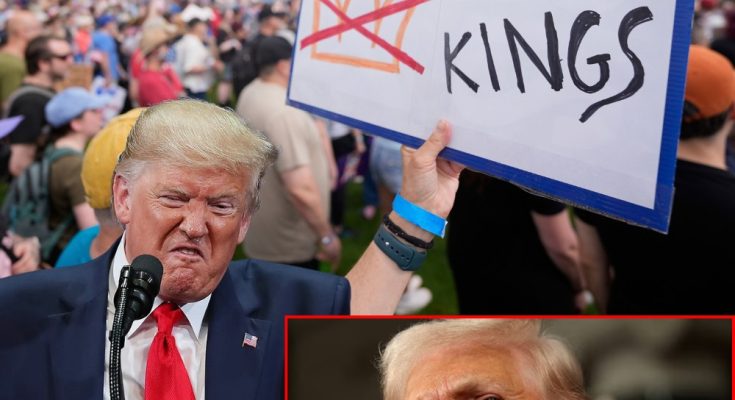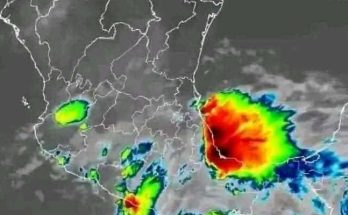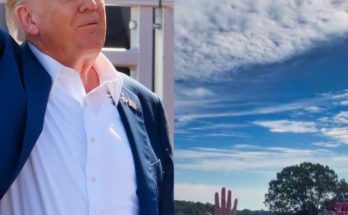
In the hours before tanks barrel down the streets of Washington for President Donald Trump’s grand military parade Saturday, thousands of Americans will gather across the country in defiance of what they call his dangerous brand of authoritarianism.
The organized day of protests in over 2,000 cities — dubbed “No Kings Nationwide Day of Defiance” — comes after a week of unrest and anger in Los Angeles and other cities following immigration raids in the L.A. area and the Trump administration’s move to federalize the National Guard and dispatch Marines to California.
No Kings organizer Ezra Levin said that interest has “skyrocketed” since those protests began — with individuals in 200 more cities signing up to host No Kings events just this week. He said more people are now expected to turn out than the estimated 3.5 million who participated in a similar nationwide day of action in April.
“We’re no longer talking to folks who are just paying attention to politics,” said Levin, the co-founder of the liberal advocacy group Indivisible. “People are seeing this overreach by Trump and saying, ‘I don’t like that — what can I do?’”
Images of immigrants being swept up at moments in their daily lives — at car washes and Home Depots, to name just two places — seem to have struck a chord with a wider swath of the public than was previously engaged, observers say, though the concept of deporting those in the country illegally still has broad support.
“It is never clear which issue will animate people or motivate them to get out there, but I think the ICE raids have done that,” said Timothy Zick, a professor at William & Mary Law School and an expert in protest law. “It’s going beyond campaign rhetoric. Now they’re going to schools and courthouses and businesses.”
Despite the demonstrations in several cities at times turning violent — with hundreds of arrests, sporadic looting and vehicles set afire — No Kings organizers are planning on peaceful events Saturday. Levin said they have added more training for participants, which includes “de-escalation” tactics and volunteer marshals in the crowds to focus on safety.



